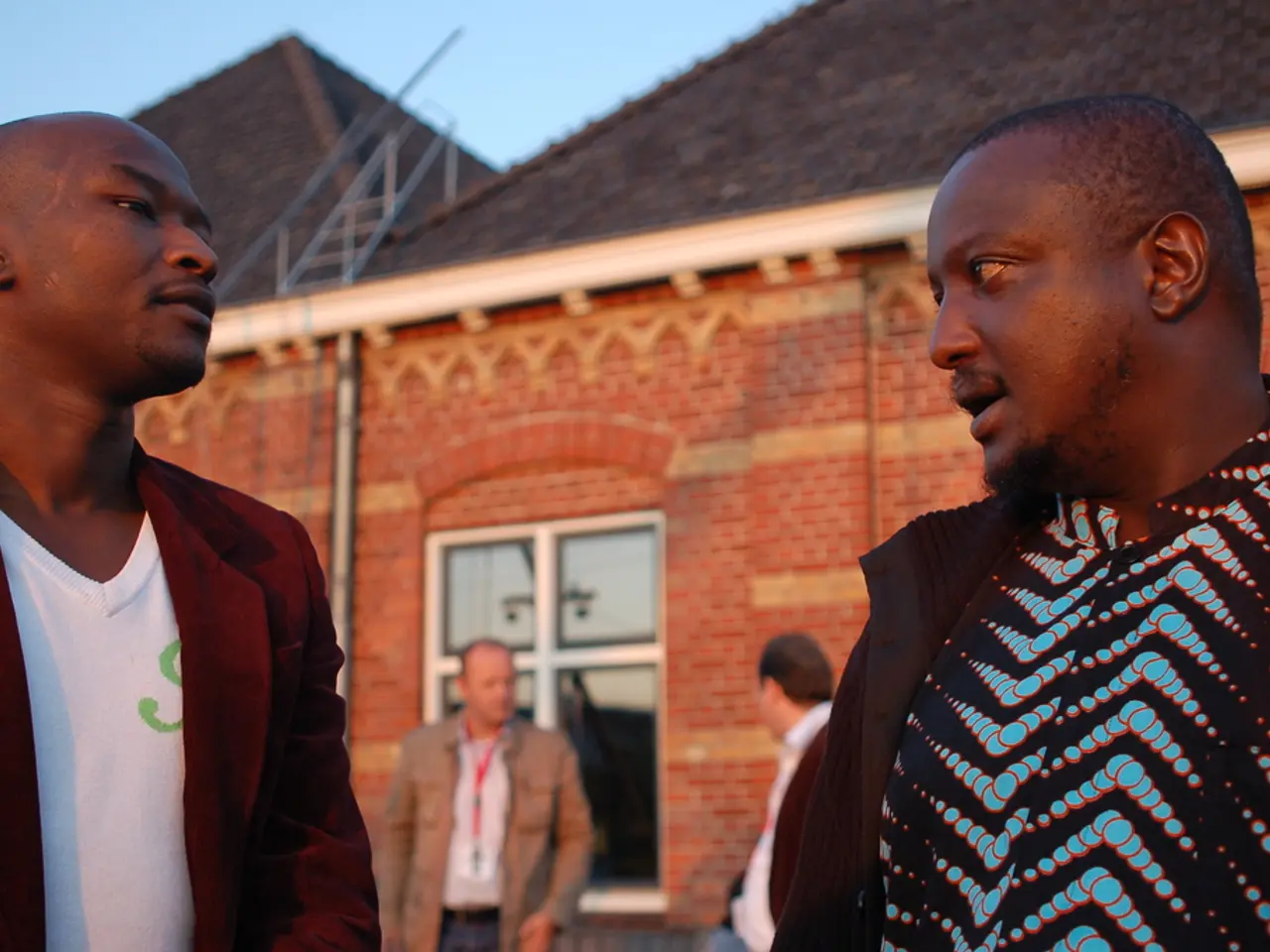Germany Fails to Deliver on Promises to Sudanese Community in Kenya
The UN Refugee Agency (UNHCR) has proposed particularly vulnerable individuals for resettlement in the EU, including Sudanese civil war refugees from Kenya under the EU-Turkey deal of 2016 and Afghan nationals. However, a charter flight intended to evacuate these refugees from Kenya to Germany was recently cancelled due to contractual and operational issues related to the airline Kenya Airways, which has been affected by ongoing strikes.
The cancellation affected 183 individuals who were part of the EU Resettlement Programme. The refugees, who had reportedly been issued visas, were left stranded in the transit area of Nairobi Airport, forced to return to the UN refugee camp near the border with South Sudan, 780 kilometres north of the Kenyan capital.
In response to petitions for rescheduling the flight, the German government expressed concerns about the judicial decision mandating visa issuance but did not immediately commit to a new flight arrangement. The government questioned the visa issuance process and the appropriate handling of such operations, signalling bureaucratic or procedural hesitations rather than outright refusal to assist.
According to Christoph de Vries, Parliamentary State Secretary at the Federal Ministry of the Interior (BMI), the cancellation was due to a conversation between the acting Federal Minister of the Interior, Nancy Faeser, and her designated successor, Alexander Dobrindt. Faeser had previously announced on April 8 that all reception programmes, including the Resettlement Programme, were suspended due to ongoing coalition talks.
The Resettlement Programme includes interviews, security checks, visa issuance, and organization of entry, reception, and integration. Germany has committed to take in up to 6,500 people annually via the EU Resettlement Programme but has often fallen short of this number. As of now, there's been no statement from the federal government on whether the cancelled flight from Kenya will be rescheduled.
It's worth noting that the current government's actions differ only gradually from those of the previous coalition, as Faeser had already announced in July 2024 that the funds in the BMI budget for admission and resettlement programs in 2025 would be cut by almost 90%.
A petition has been started by volunteer helpers to reschedule the cancelled flight and ensure Germany fulfills its commitments under the Resettlement Programme. As of Sunday, over 81,500 people have signed the petition.
Meanwhile, the UNHCR estimates that around 3 million refugees urgently need resettlement. According to a UNHCR report from June, there are currently 122 million refugees worldwide, with 14 million of them being Sudanese. Another 174 Afghan nationals were able to enter in late March with a flight from Pakistan's capital Islamabad.
The humanitarian admission program for particularly endangered people from Afghanistan, which is set to end, is a national program. The resettlement program included the few humanitarian admissions of Syrian refugees from Turkey under the EU-Turkey deal of 2016.
In conclusion, the cancellation of the charter flight has left many vulnerable refugees in limbo, raising questions about Germany's commitment to its resettlement program. The government's cautious reaction to rescheduling petitions reflects a complex balance between legal rulings, immigration controls, and operational constraints.
The cancellation of the charter flight has left 183 refugees stranded and uncertain about their resettlement under the EU Resettlement Programme, which is a part of policy-and-legislation and general news. The German government's hesitation to commit to a new flight arrangement suggests political considerations and potential internal debates within the government about the visa issuance process and handling of such operations.
The ongoing situation highlights the complexity of politics and legislation surrounding refugee resettlement, as the UNHCR estimates that around 3 million refugees urgently need resettlement, including Sudanese and Afghan nationals.





